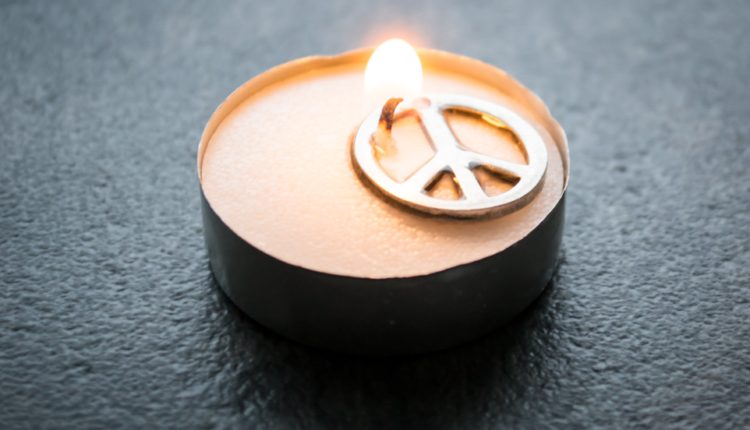Genocide is a tragedy that never truly ceases to exist. You can see this clearly by observing people’s descende from the survivors of genocides today. They do not thrive, because it’s impossible to just “bounce back” from a tragedy of this magnitude. They haven’t become stronger for it, because there can never be anything even remotely “positive” in the consequences of genocide. However, they do live and bear the burden of past horrors on their shoulders throughout generations.
Nations that survived genocides today: Is there hope for the future?
Any discussion of genocide includes the Holocaust in one way or another because it is considered to be the biggest and therefore most disastrous genocide in history. This statement is hard to argue when you consider that this genocide resulted in over 6 million dead and was accompanied by various horrifying atrocities that one can learn more about in the Jewish History Museum. There is no denying the fact that this was an unspeakable tragedy that had an immense impact on the world as a whole.
However, it’s imperative to understand that every genocide is this way. There can be no “contest” about which of these atrocities was worse because all of them are equally devastating. Controlled and methodical eradication of peoples is the vilest of crimes. Tragically, it has been repeated dozens of times throughout human history.
What’s even more tragic is that many of these tragedies are overlooked today, which means their lessons are forgotten. It also needs to be mentioned that many people today seem more focused on definitions than the tragedies behind them. The debate about whether the deaths of over 4.5 million Native Americans during the colonization period can be considered a genocide is a vivid example of that (Oxford Academic). Arguing over terminology does not change the fact that those people are dead and that their descendants are still discriminated agains.
What matters is the reoccurring theme of the people, who have already been targeted and suffered from the unspeakable horror of mass extermination, being targeted and ostracized even years and centuries after those tragic events. Those who have had to struggle with this include, but are by no means limited to:
- Jews
- Indigenous peoples of North and South Americas
- Indigenous peoples of Africa (during the period of French colonization)
- Indigenous peoples of Siberia (after the conquest by the Russian Empire)
- Kazakhs (Goloschchekin genocide)
- Armenians (Armenian Holocaust)
- Tutsis (Rwandan genocide)
- Circassians (Circassian genocide by the Russian forces in 1864-1867)
- Serbs (Serbian genocide in Yugoslavia and Croatia)
This list can go on and on, and the worst thing about it is that you can identify the nations that went through these nightmares today because the tensions are still there. This shouldn’t come as a surprise considering the fact that dehumanization and propaganda are both essential factors for the creation of genocide.

This means that for such a tragedy to occur in the first place, the population of the country where it takes place must be “brainwashed” into hating a group of people. That is no regular backyard brawl type of hatred at play here. The feeling incited by the governments that initiate genocides must be so strong and consuming that mass extermination is seen as an “acceptable solution”. It’s imperative to understand that genocides aren’t opposed not out of fear but because the propaganda helps brainwash the rest of the population into seeing them as a form of deliverance.
This is also the reason why the targeted people are ostracized decades past because hatred like this it doesn’t die. It gets passed on through generations and sets the ground for a repeat of the tragedy. The question now arises, can this circle of hatred be broken?



